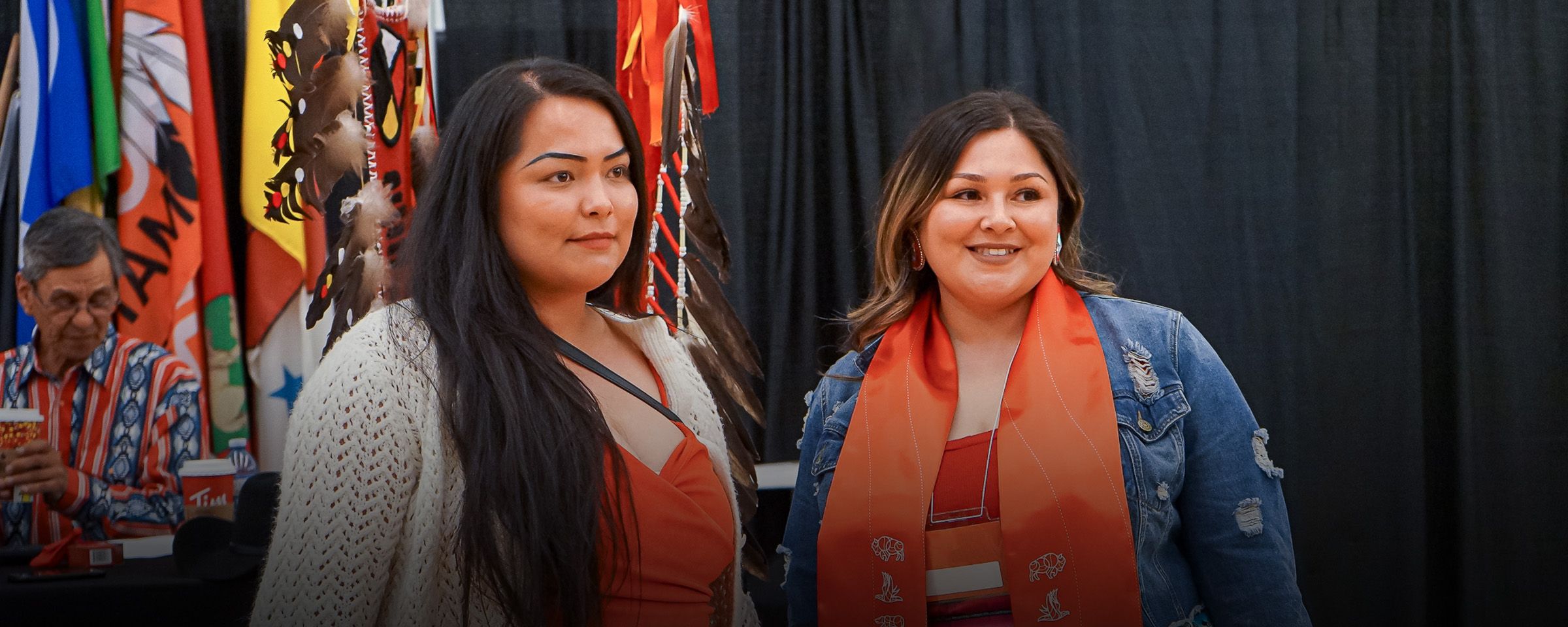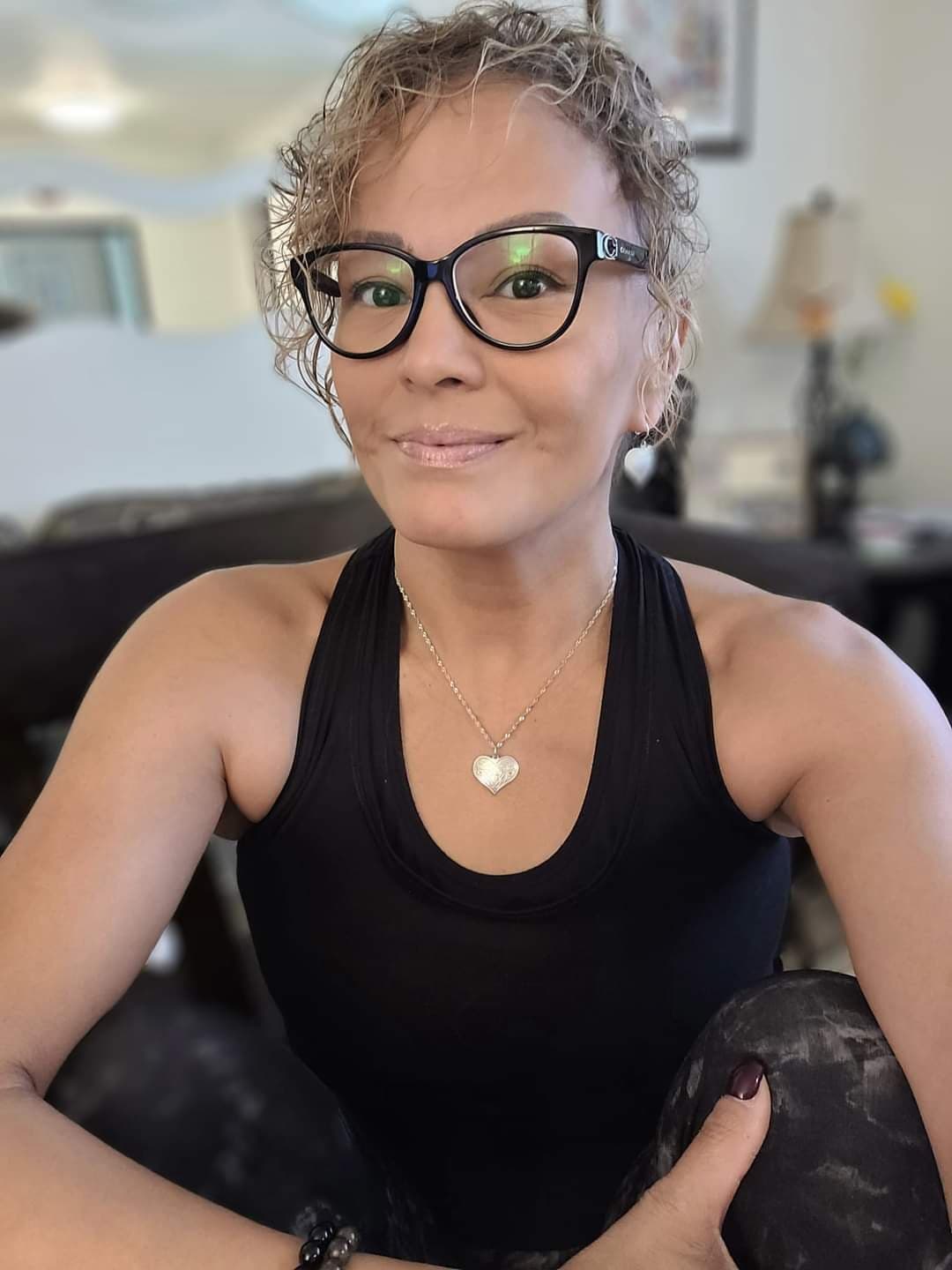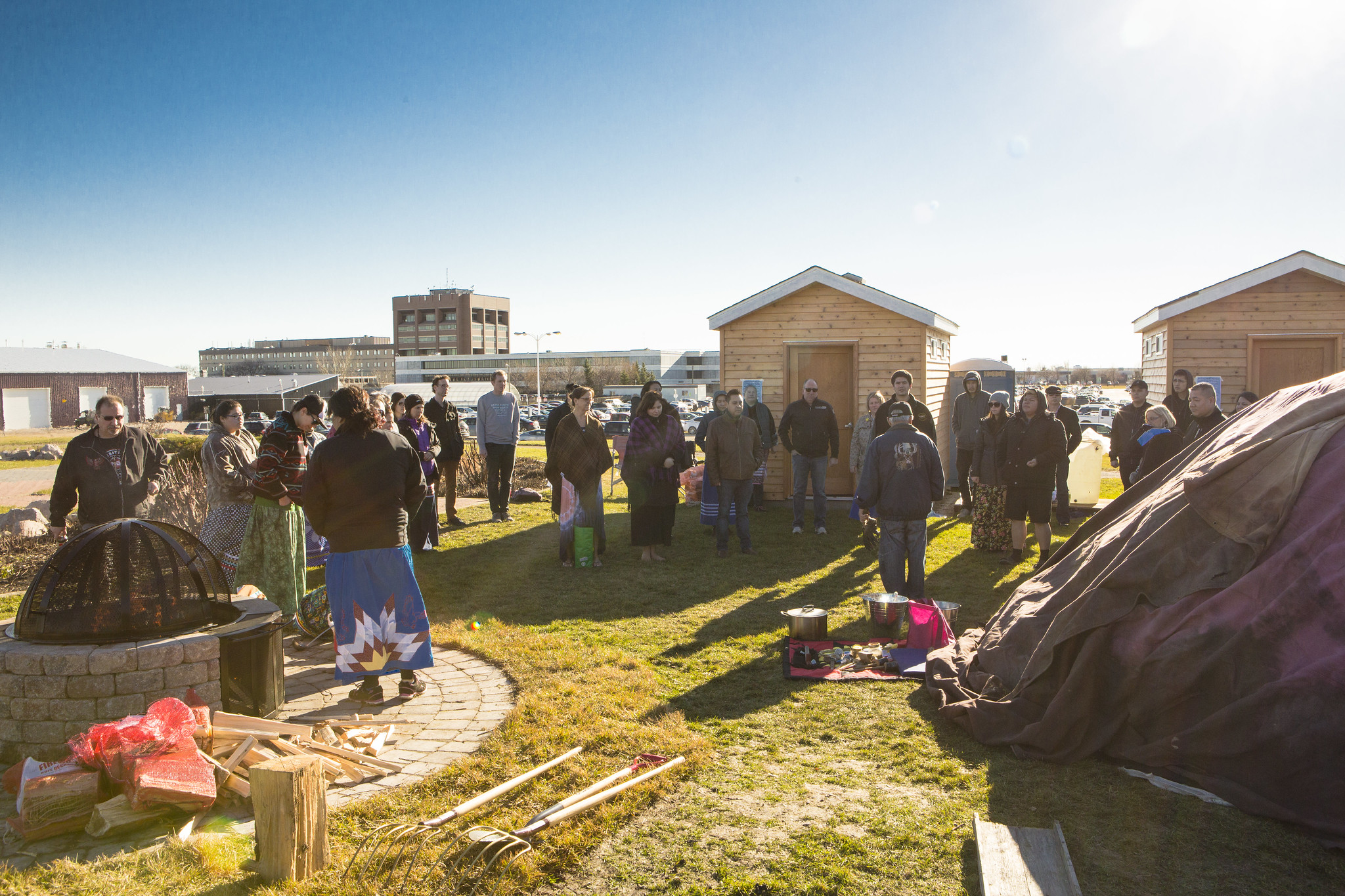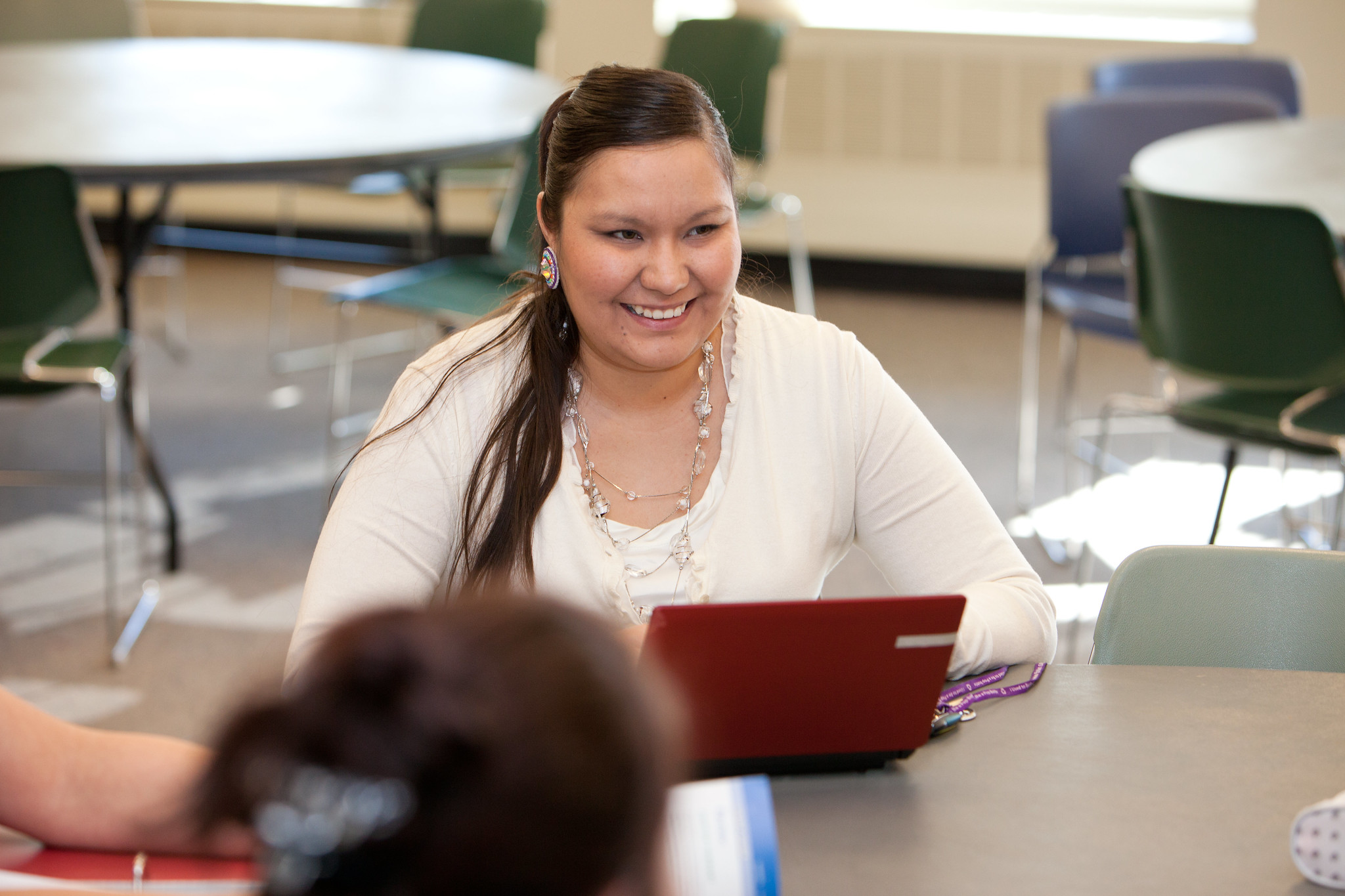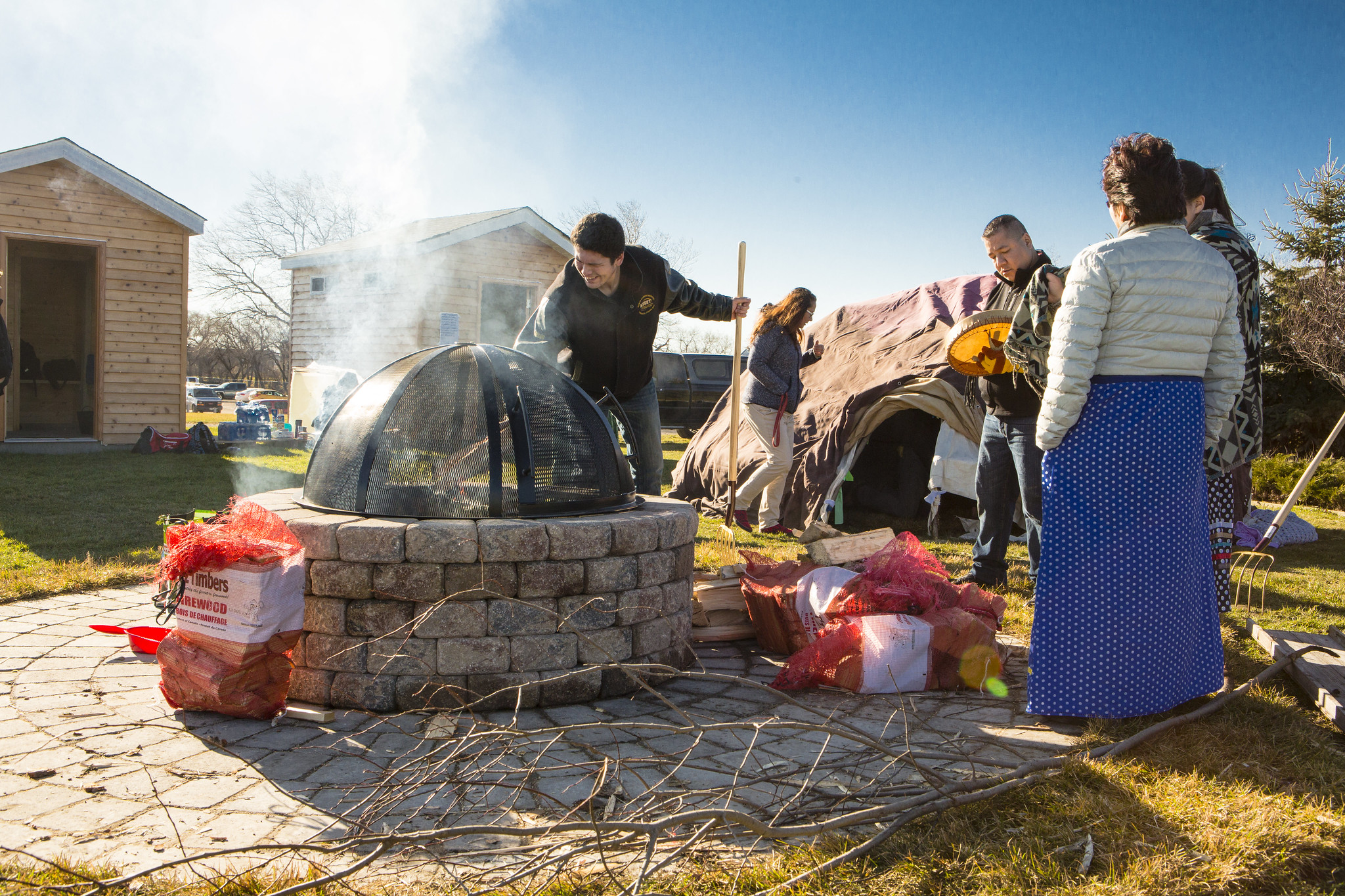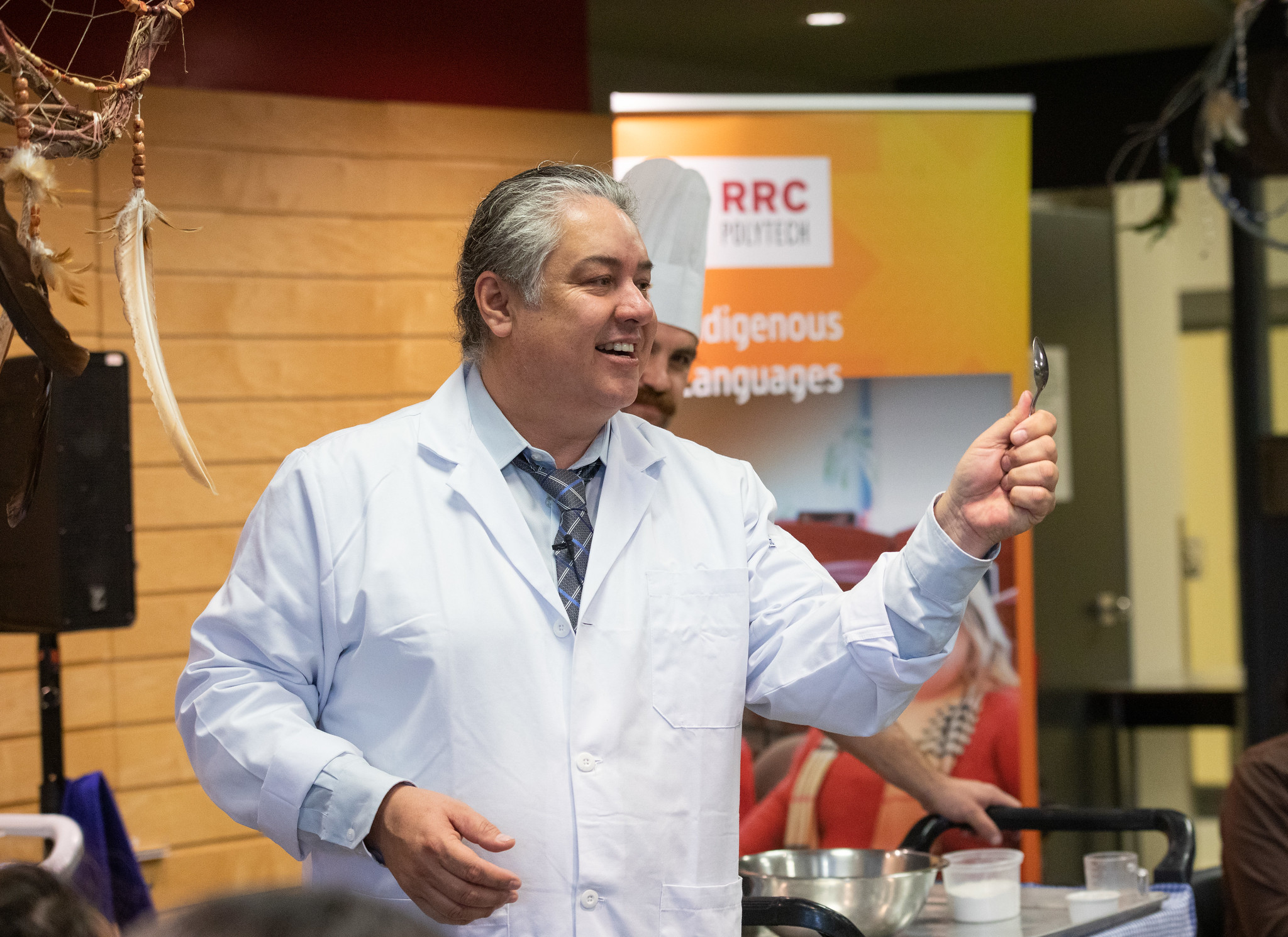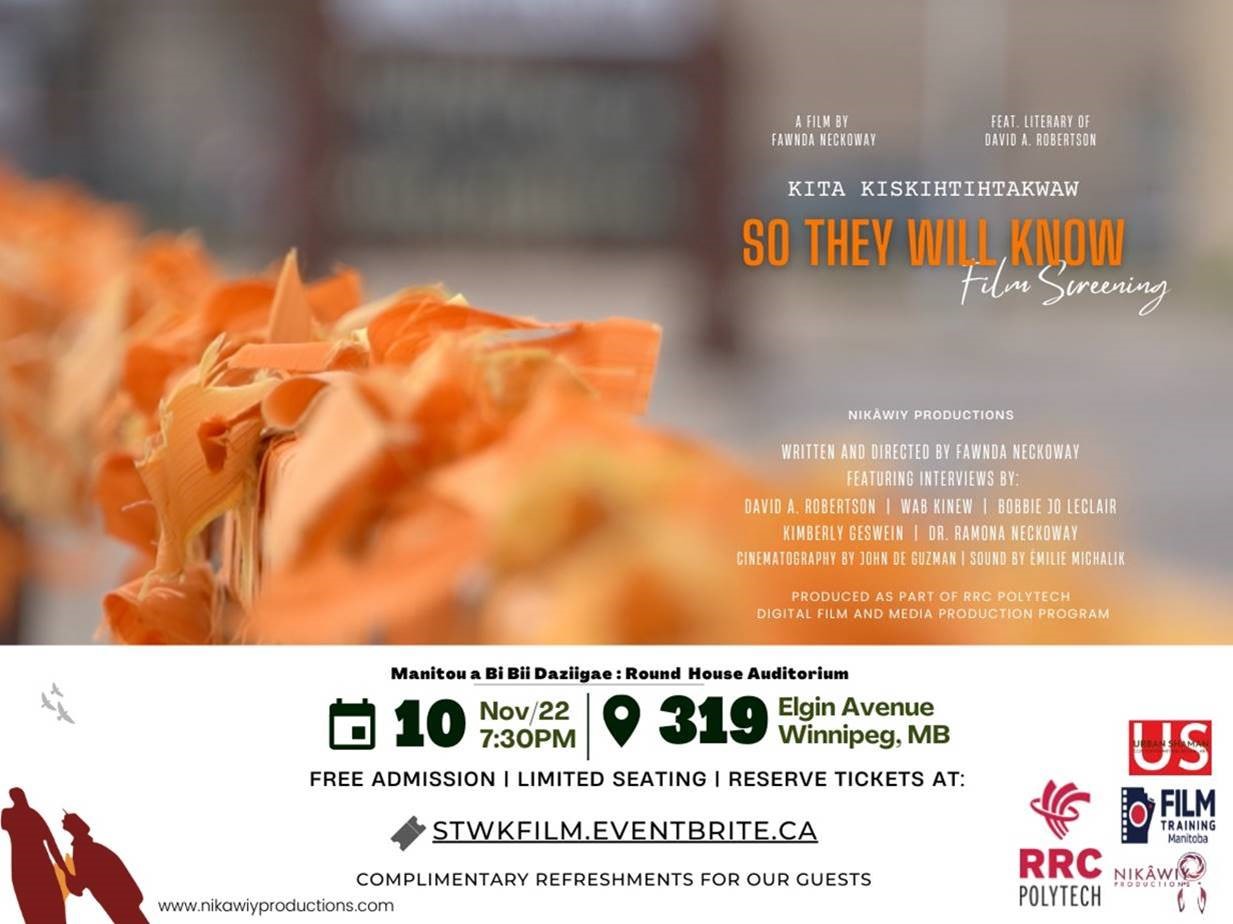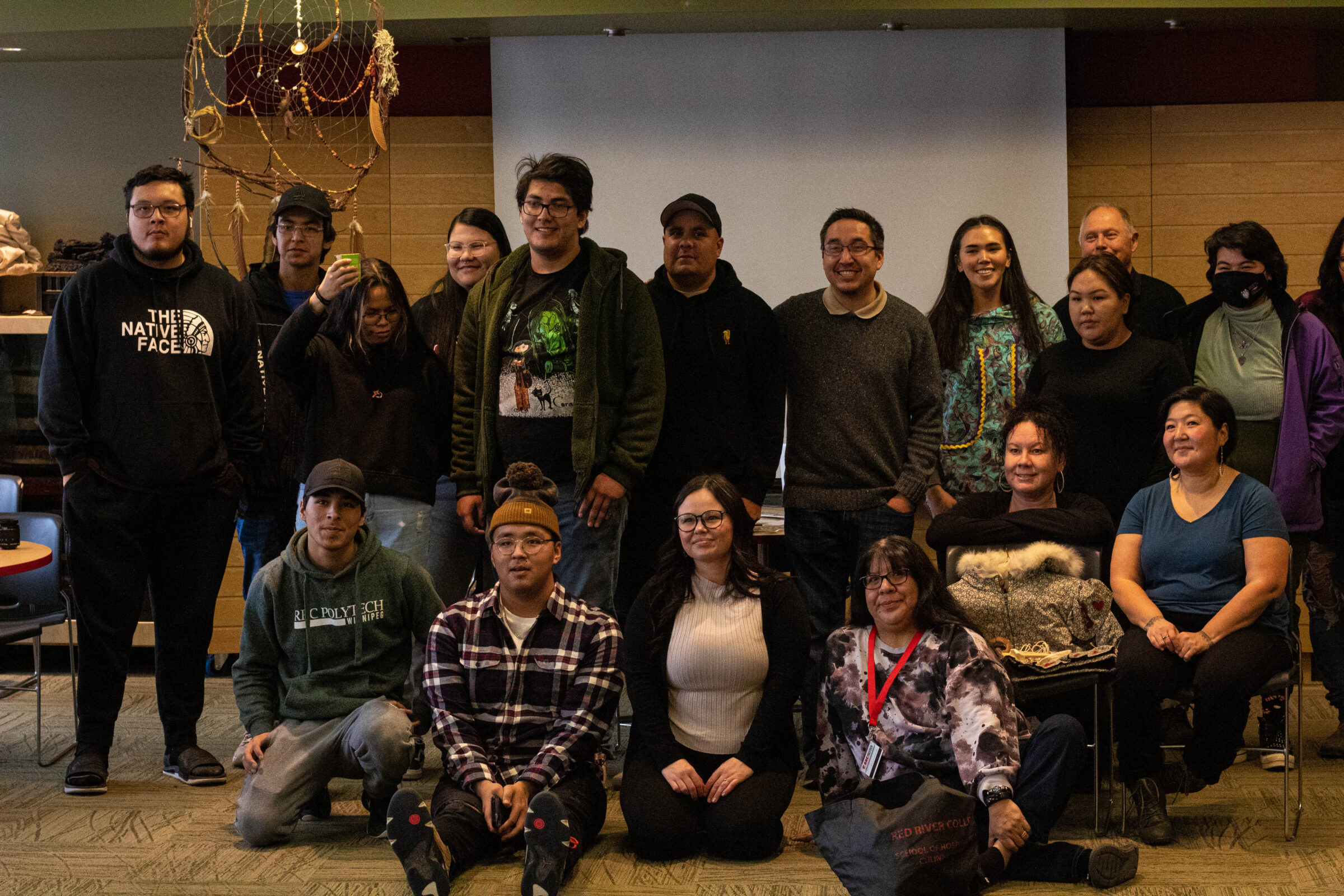Breaking News! Movement and Wellness with Yoga Instructor Dawn Chartrand, Nov. 30 has been Postponed
Movement and Wellness with Yoga Instructor Dawn Chartrand on Nov. 30 will be postponed until the new year due to unforeseen circumstances.
Date and time will be forthcoming in January. Location will remain in the Roundhouse Auditorium at Manitou a bi Bii daziigae.
We’ll keep attendees on the register until the new date is available and be in contact to ensure they can attend. No need to re-register. New attendees can register with Terri-Lynn tlanderson@rrc.ca when the new date becomes available.
To receive up-to-date information on events, follow us on Facebook and Instagram and hit the subscribe button to receive updates to the blog right to your inbox.
Thank you for your patience and understanding. We hope to see you in January 2023!
